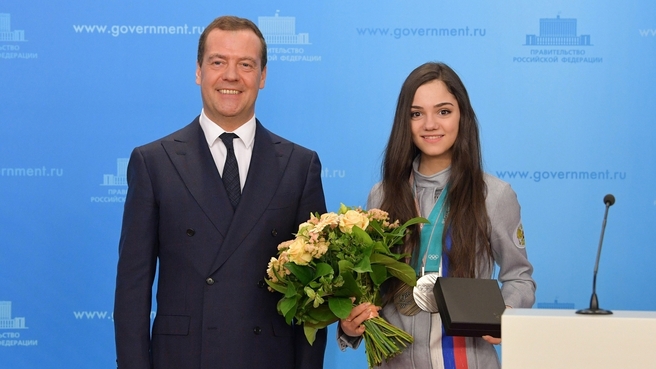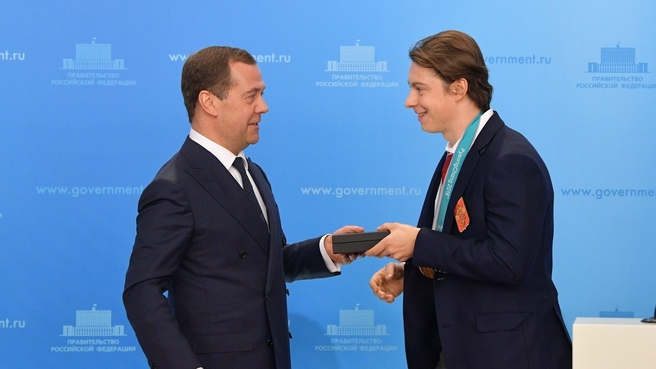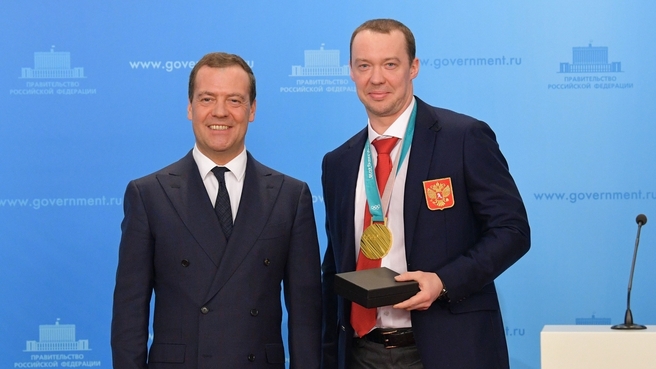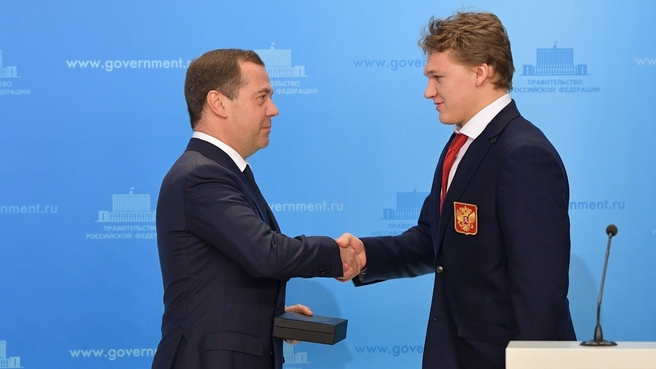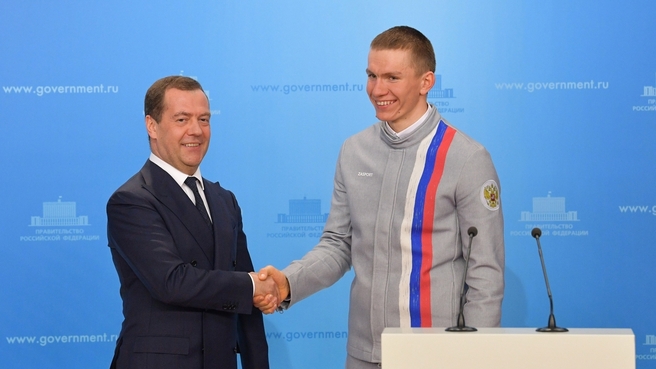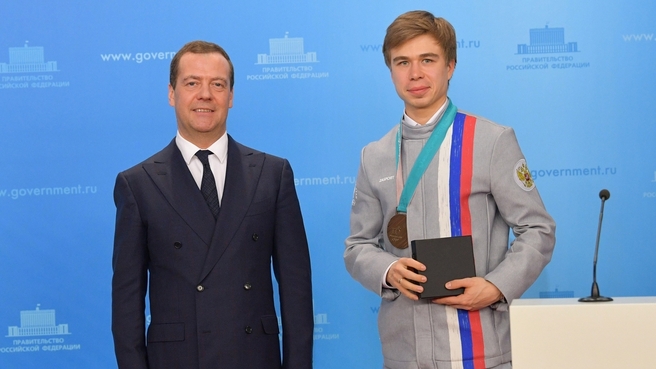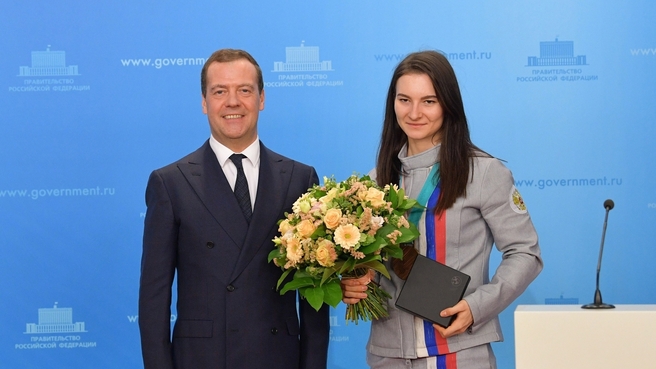Dmitry Medvedev meets with Gazprom CEO Alexei Miller
Excerpts from the transcript:
Meeting with Gazprom CEO Alexei Miller
Dmitry Medvedev: What are the results of the winter season on the domestic market and in terms of exports?
Alexei Miller: This winter’s natural gas supplies were affected by an unusually cold February in Russia and Europe. Nevertheless, Gazprom fully satisfied the demand of Russian consumers and consumers in the European market.
In February, Gazprom distributed 30.7 billion cubic metres of gas to consumers in Russia. This is the largest amount in the past five years.
The demand for Russian gas in Europe was growing fast. In total, in February, we set an all-time high for gas distribution to the European market in the amount of 17.4 billion cubic metres, which is up 6.8 percent compared to the historically high volume in February 2017. On March 2, we set a megarecord by delivering 713.4 million cubic metres of gas.
Gazprom has the capacity to meet peak demands for gas. On an annualised basis, our capacity totals 260 billion cubic metres of gas with an understanding that in 2017 – the year of record-high distribution – we supplied 194.4 billion cubic metres to Europe.
This winter, Gazprom confirmed its status as a reliable and responsible supplier that honours its obligations in full and on time.
Underground gas storage facilities in Europe remain at about quarter volume. In some countries this level is critical at around only 10 percent. This means that in the coming gas pumping period, in the summer, the demand for Russian gas will be high as well. In circumstances where gas production in the European Union is declining and the demand for Russian gas is increasing, new export gas distribution projects for supplying Russian gas to foreign markets are becoming even more important, including Turkish Stream and Nord Stream 2.
Dmitry Medvedev: These projects are important. However, there are other factors that affect the consumption of gas in one way or another. I’m referring to the Stockholm Arbitration Institute rulings, the arbitration court, regarding your dispute with the Ukrainian company. What steps is Gazprom taking, including the contract?
Alexei Miller: The Stockholm Arbitration Court handed down a one-sided ruling which violated the balance of the interests of the parties under two contracts – the contract for gas supplies to Ukraine and the transit contract. Under the Stockholm Arbitration ruling, Gazprom owes Naftogaz $2.56 billion. Almost instantly, Naftogaz released a statement that, based on the Stockholm Arbitration rulings, Naftogaz would be able to fine us for 2018 and 2019, that is, until the expiration of the contracts, and we would be forced to pay several billion dollars.
Given this, these contracts have become economically unviable for us, so Gazprom decided to initiate a procedure for the dissolution of the contracts through the Stockholm Arbitration Court. We have already filed an appeal regarding the gas supply contract to Ukraine. An appeal will be filed before the end of March for the transit contract and the procedure for the termination of the contracts under the established standards.
Dmitry Medvedev: What will happen to gas transit to Europe?
Alexei Miller: There are currently no risks for transiting gas to Europe across Ukraine, unless of course we identify unauthorised gas siphoning by Naftogaz in Ukraine. We expect that the Stockholm Arbitration Court will redress the imbalance in the interests of the parties during the new proceedings.
Dmitry Medvedev: It is critically important for all these proceedings to take place in accordance with the existing regulations, so that the disputing parties themselves are directly involved – I mean Gazprom and Ukraine. This is expressly provided for in the existing agreements. With regard to other ways of influencing these relations, I believe, it is absolutely wrong and has an obvious political connotation – I’m talking about isolated comments made by EU officials and even the US State Department. Neither the European Union nor the foreign ministries of other countries have any part in bilateral relations between Gazprom and its Ukrainian counterpart.
Alexei Miller: Given the situation, Ukraine must prove the economic efficiency and viability of continuing gas transit through its territory. We are ready to hear them out and consider any proposals.
Dmitry Medvedev: Of course, all options should remain open. This is a matter of contract profitability and effectiveness.


